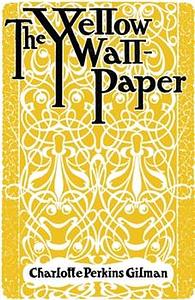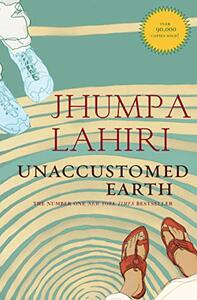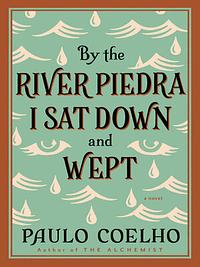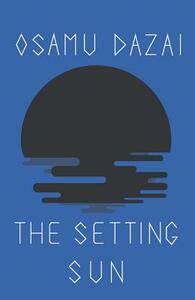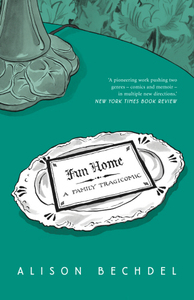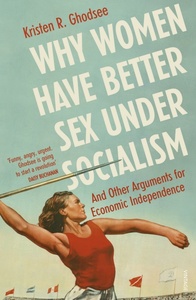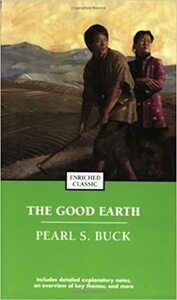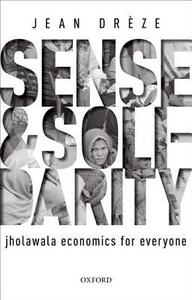Take a photo of a barcode or cover
krishnendu's Reviews (58)
So brilliant!! I cannot decide if it was a descent into madness to a liberation through madness. The woman he infantilised, gaslighted, and dismissed throughout has become something unknown, uncontrollable and immensely powerful to him. They wanted her to rest and now she will never stop moving.
Graphic: Schizophrenia/Psychosis
Choosing to think only of Hell-Heaven when I think of this book. So many stories felt bogged down by excessive details and irrelevant descriptions that it felt like scrolling through LinkedIn at a point with all the university name-dropping. A lot of them felt kind of aimless and, overall, less remarkable than Interpreter of Maladies.
Graphic: Alcoholism, Death
medium-paced
This felt like a dull first-semester crash course. The exclusive focus on European examples of authoritarianism inadvertently paints America as more resistant to tyranny than it really is - especially when there exist examples more relevant than the reiterated Nazi ones throughout. Some of the “lessons” come off as reductive, like his outright disdain for internet and social media (coming from a 20th-century historian), this seems not just dated but counterproductive. There’s also an uneasy lack of nuance when drawing historical parallels, like framing the Czech shopkeeper's potential proletarian solidarity as mere totalitarian compliance. Written during Trump’s first term and criticised as "alarmist", it now feels like an ad rem guide
dark
Nihilistic desperation from start to end, the victims of Japan's transitional period in morality. Even after attempting to contextualise the post-war impoverishment of aristocracy and its synchronic moral crisis, I couldn't root for this woman written by a man, whose moral "revolution" is bringing into the world another sacrificial offering as justification for her existence - selfishness. The pervasive elements of classism also forbade my empathising with the former-aristocrat characters mourning their downfall.
At times, despair edges into something almost beautiful through Dazai’s lyricism, but I suspect the translation doesn't carry symbolisms the way Dazai intended
At times, despair edges into something almost beautiful through Dazai’s lyricism, but I suspect the translation doesn't carry symbolisms the way Dazai intended
Graphic: Miscarriage, Suicide
dark
medium-paced
Easily one of the most linguistically challenging things I’ve ever read, the relentless references to Wilde and fitzgerald and Camus and Greek mythology suffocating in their abundance, a natural inheritance from her literature professor parents. In the end, this seductively tedious ritual seems to have achieved what Alison was never taught to do at the Fun(eral) home, to process and proclaim her emotions
Graphic: Pedophilia, Sexual content, Suicide
reflective
medium-paced
Capitalism made a slave of a man, and then by paying women through him, made her his slave, she became the slave of a slave, which is the worst sort of slavery. - Bernard Shaw
A discourse on how capitalism is inherently rigged against women, and the socialist alternatives that could improve our lives - in work, motherhood, leadership, sex, and citizenship.
With discussions on left-leaning economic systems and policies absent throughout my education in economics, this challenged the (indoctrinated) notion the socialist past was all gulags and secret police, but also how women had better economic and political lives than their capitalist counterparts, and how they earned, worked, procreated, and mothered with less precarity more often than not. Given the current trajectory of the USA, this book feels more urgent than ever.
With discussions on left-leaning economic systems and policies absent throughout my education in economics, this challenged the (indoctrinated) notion the socialist past was all gulags and secret police, but also how women had better economic and political lives than their capitalist counterparts, and how they earned, worked, procreated, and mothered with less precarity more often than not. Given the current trajectory of the USA, this book feels more urgent than ever.
A compelling read on the often overlooked impacts of the Kashmir conflict on its women, featuring firsthand accounts from the militants' mothers, wives, and Kashmiri separatists like Asiya Andrabi and activists such as Anjum Zamarud Habib themselves. It depicts the resilience of women enduring immense pain amid the persistent conflict. The book exposes the social and legal tribulations faced by Kashmiris due to heavy military interference in daily life - an uncomfortable yet crucial glimpse for an Indian reader like myself.
Positives first, the narrative provides a comprehensive overview of the suffering endured by Kashmiris under the government's policies in India-administered Kashmir, and the repercussions of pervasive military intervention in daily life. It delves into the psychology of Separatists and portrays the aftermath of conflicts through deeply personal and disturbing accounts. The tumultuous relationship between Faith and State is discussed in great detail. The Kashmiri blood games played by both Pakistan and India are evident.
However, the narrative is not without its drawbacks. A discernible bias, potentially stemming from the author's upper-class Pakistani Muslim perspective, occasionally surfaces. The initial segments made sweeping generalisations about India which paradoxically contradicts the author's stated intent of challenging Kashmiri stereotypes. Additionally, the text displays a notable sampling bias by predominantly featuring Muslim women from thr India-administered Kashmir, possibly leading to crude generalisations.
Overall, the book serves as a valuable window for outsiders to understand the ongoing Kashmir situation. Despite occasional bias and stylistic discomfort, it remains a significant read, offering a nuanced and multilayered perspective on the complexities of the conflict.
Positives first, the narrative provides a comprehensive overview of the suffering endured by Kashmiris under the government's policies in India-administered Kashmir, and the repercussions of pervasive military intervention in daily life. It delves into the psychology of Separatists and portrays the aftermath of conflicts through deeply personal and disturbing accounts. The tumultuous relationship between Faith and State is discussed in great detail. The Kashmiri blood games played by both Pakistan and India are evident.
However, the narrative is not without its drawbacks. A discernible bias, potentially stemming from the author's upper-class Pakistani Muslim perspective, occasionally surfaces. The initial segments made sweeping generalisations about India which paradoxically contradicts the author's stated intent of challenging Kashmiri stereotypes. Additionally, the text displays a notable sampling bias by predominantly featuring Muslim women from thr India-administered Kashmir, possibly leading to crude generalisations.
Overall, the book serves as a valuable window for outsiders to understand the ongoing Kashmir situation. Despite occasional bias and stylistic discomfort, it remains a significant read, offering a nuanced and multilayered perspective on the complexities of the conflict.
